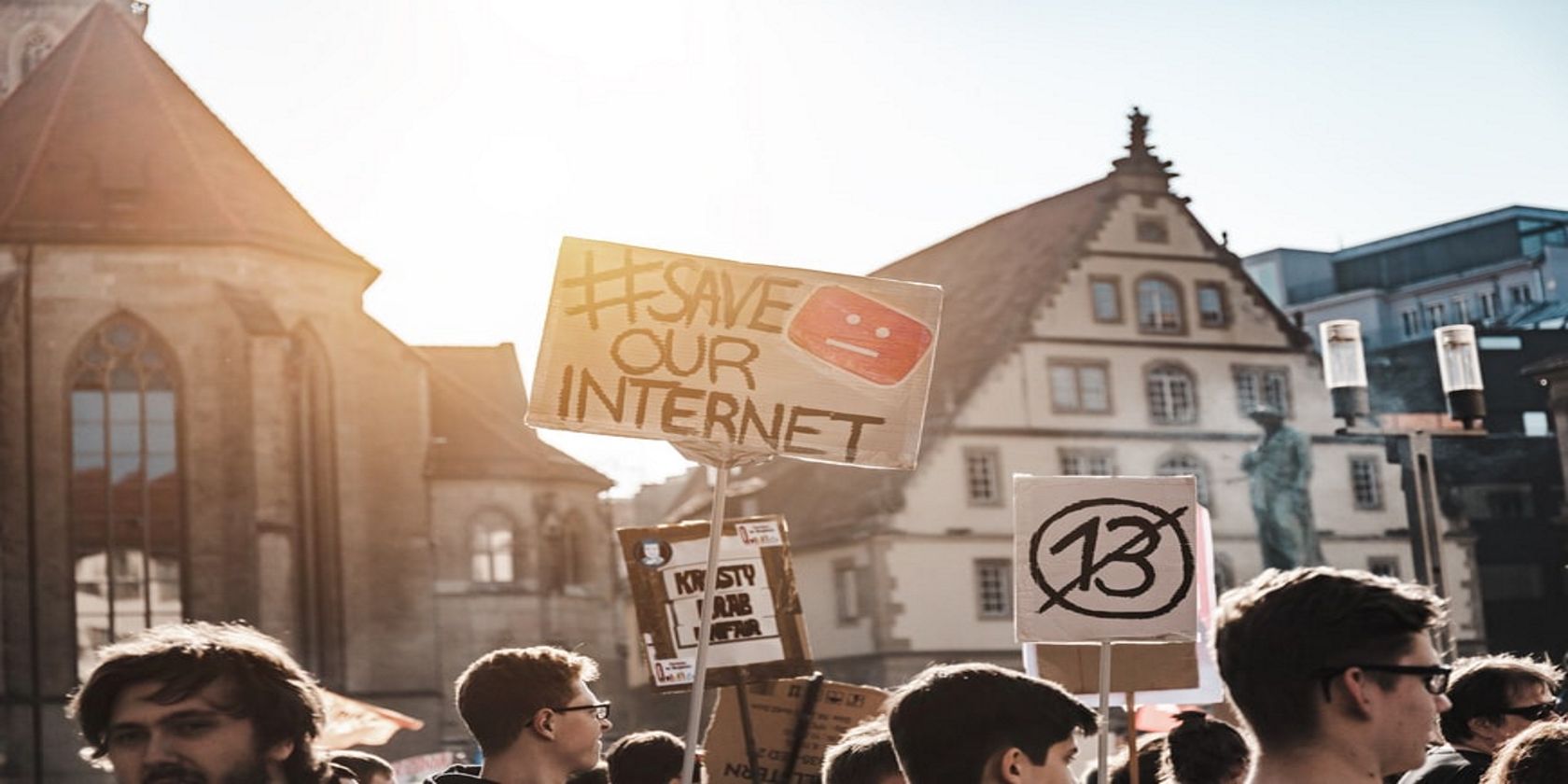The "Delete" button is a two-edged sword. It makes you feel safe online. Tweeted something you shouldn't have? Delete it. But the choice to delete things can be taken from people and used to censor their online activity and freedom of speech.
But what if you couldn't delete your data from the web at all, whether it's a tweet, a Reddit post or comment, or a YouTube video? Is it even possible for information to live online forever? That's actually the goal of multiple online organizations. They're looking to keep online information free and available to everyone at all times, even long after it's been deleted.
Internet Archive: The Wayback Machine
Brewster Kahle, an Internet Hall of Fame inductee, created the famous Alexa ranking system for the web. But he was also working on a different project: archiving as much of the internet as he could.
Kahle believes in universal access to all knowledge, which manifests in his efforts to create a digital library of every book ever printed, every song ever composed, every movie ever filmed, and every statement ever posted online.
The Internet Archive is exactly what it sounds like. It's record of—almost—everything that has ever been uploaded to the internet since 1996. In addition to valuable information and articles, there are plenty of cool treasures you can go digging up. Kahle's Wayback Machine is as close as it gets to time-traveling into the history of the internet.
You might be wondering, how big is the internet from over 25 years ago?
The web archive alone is about 45 petabytes — 4,500 terabytes — and the Internet Archive itself is about double that size (the group has other collections, like a huge database of educational films, music and even long-gone software programs).
The Internet Archive doesn't save every single bit of content. The internet is growing at an exponential rate with billions of new pages added every month.
The archive, instead, selects data that is considered part of the public conversation, not personal data uploaded to sites. It aims to preserve digital human history through online interactions, official statements, and reporting articles and newspapers.
Open-Sourcing YouTube, Downloading Wikipedia, and Archiving Reddit
The Internet Archive and the Wayback Machine aren't the only efforts aimed at preserving the internet and documenting digital history. By focusing on the biggest websites online, you can start to get an idea of where the data is. For instance, Wikipedia, Reddit, and YouTube are at the forefront of the content creation internet.
While Wikipedia is constantly asking for donations to support its database of knowledge, you can actually create your own version of it thanks to Wikipedia Dumps. In fact, it encourages you to download the entire database of the Wikimedia Foundation and create your own mirror of the site for you to run.
The Reddit Archive, while not an official product of Reddit, is here to make sure the "Internet's Front Page" doesn't go anywhere anytime soon. For individual Reddit comments, the Uneddit browser extension allows you to retrieve deleted comments on posts and subreddits.
Thanks to it, deleting a comment on Reddit no longer erases it from existence. You and anyone else who uses that tool can see it. So take this as an opportunity to think twice before you comment.
The internet in general, and YouTube in particular, aren't new to censorship—as Vice has mentioned in the past. Megan C. Hills, writes in Forbes:
In a recent blog post, it was revealed that through a combination of machine learning and human flaggers over eight million videos had been quietly removed from the platform.
Projects like Archive.org and Archive-it.org are making a dent into the number of videos uploaded to YouTube and its alternatives. Allowing users to access the content long after it's been deleted or taken down from the platform, as long as it's been backed to the archive.
Saving Torrents and The Open Bay
The "access to information" argument usually comes back to torrents at some point, which is where matters get murky. Despite multiple shut down attempts of the years, one of the largest torrent sites of all time, The Pirate Bay, still persists.
But during the long stretches of time the site was inaccessible, The Open Bay open-source code of The Pirate Bay, gave anyone the tools they need to create their own Pirate Bay torrent alternative and host it. Apparently, about a thousand people from all around the globe were involved in the effort.
"We're not a team, just enthusiasts that come and go. People that we trust," The Open Bay's representatives told us. "We want to change the landscape. Torrent industry is frozen for 10 years. We need to push it further," they said. "(In case other websites are taken down) we want everybody to be ready."
The setup is super-simple, and anyone with a basic knowledge of web hosting can have an Open Bay project up and running in 10 minutes. An unintended off-shoot of that is people can make money off it—but The Open Bay initiative isn't bothered by this.
"We are trying to provide opportunity for other people. How they will handle it, is there choice. We're not making the rules, community does. If you're smart enough, you can make money, and make the world a better place," they said.
The undefined community's voice defines the next steps. The community chooses torrents as the most popular because it's fast and convenient. But should torrenting be saved at all? "It's for people to decide," The Open Bay answered. "If they want it to be saved they will save it, if not, than it should be gone."
The Future of Preserving the Internet
The internet only became mainstream a little over two decades ago, and people are still coming to terms with the importance of preserving internet history, data, information, and files. With benefits ranging from archiving for statistics and research to event dating and protecting free speech, new individual and collective strategies to keep the internet from going away are bound to pop up.



